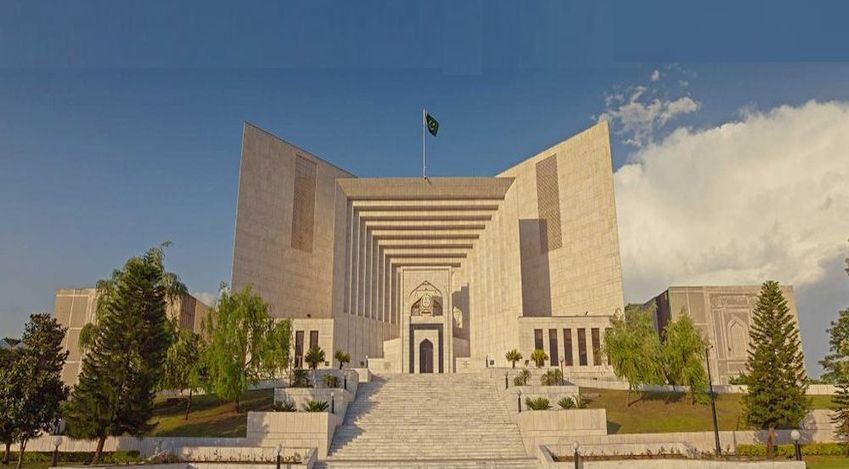Significant Legal and Procedural Flaws i.e. Fair Trial Standards, Bias in Judicial Conduct, and Reliance on Uncorroborated Evidence --- Supreme Court of Pakistan found insufficient Evidential Material to sustain the Guilty Verdict
Islamabad 05-12-2024: In a landmark judgment, the Supreme Court of Pakistan revisited the controversial conviction and execution of former Prime Minister Zulfiqar Ali Bhutto. The decision, rendered in response to a presidential reference filed under Article 186 of the Constitution in 2011, highlighted significant legal and constitutional lapses during Bhutto’s trial and subsequent appeals.
The case stems from Bhutto’s conviction in the murder trial of Nawab Muhammad Ahmad Khan Kasuri, where he was sentenced to death by a Full Bench of the Lahore High Court in 1978. The conviction was upheld by the Supreme Court of Pakistan in 1979, and Bhutto was executed in April of the same year. The Pakistan People’s Party (PPP), led by Bhutto’s family, has long contended that the trial was politically motivated and influenced by the then-military regime.
The Court ruled that Bhutto’s trial failed to meet the constitutional guarantees of a fair trial and due process, as later enshrined in Article 10A of the Constitution. Even before the explicit recognition of these rights, they were implicit under Articles 4 and 9. Case References: Noor Ahmad Vs. State, (PLD 1964 SC 120); Ch. Manzoor Elahi Vs. Federation, (PLD 1975 SC 66).
The judgment criticized the actions of the Acting Chief Justice of the Lahore High Court, who expedited the case’s transfer to a Full Court without adhering to prescribed rules, raising questions about impartiality.
The conviction heavily relied on the testimony of Masood Mahmood, an approver whose credibility was seriously questioned. The Court noted a lack of independent corroboration of his statements, a critical requirement in criminal cases. Case References: Ghulam Qadir Vs. State, (PLD 1959 SC 377); Abdul Khaliq Vs. State, (1970 SCMR 307).
The Court highlighted the in-camera nature of the trial, which undermined public confidence in the judicial process. It noted that trials involving prominent figures should be conducted openly to ensure transparency. Case Reference: Syed Ali Nawaz Gardezi Vs. Lt.-Col. Muhammad Yusuf, (PLD 1963 SC 51).
The prosecution’s motive, a key component of the case, remained unproven, further weakening the conviction. Case References: Noor Elah Vs. Zafarul Haque, (PLD 1976 SC 557); Allah Bakhsh Vs. State, (PLD 1978 SC 171).
While the Supreme Court of Pakistan refrained from overturning Bhutto’s conviction due to procedural constraints under Article 186, it categorically stated that the evidence was insufficient to sustain the guilty verdict.
Powered by Froala Editor








